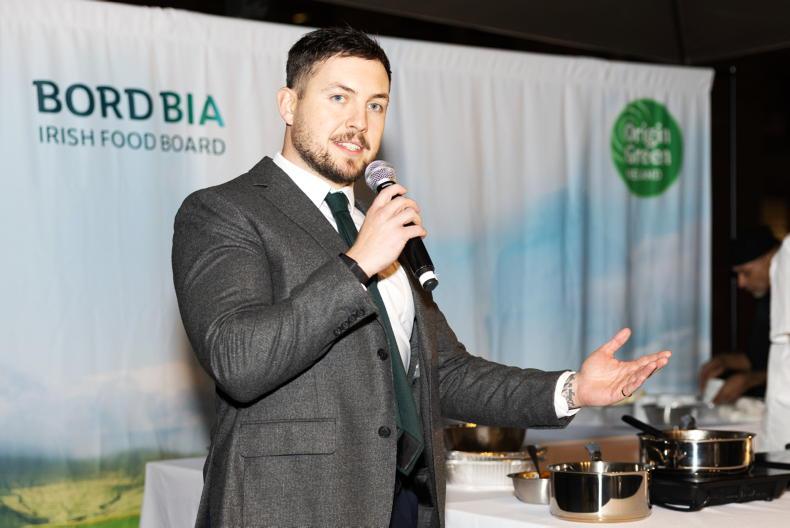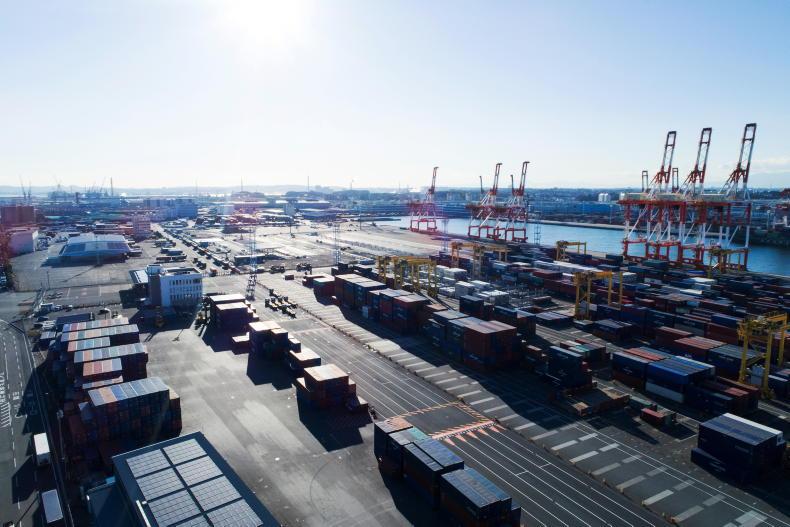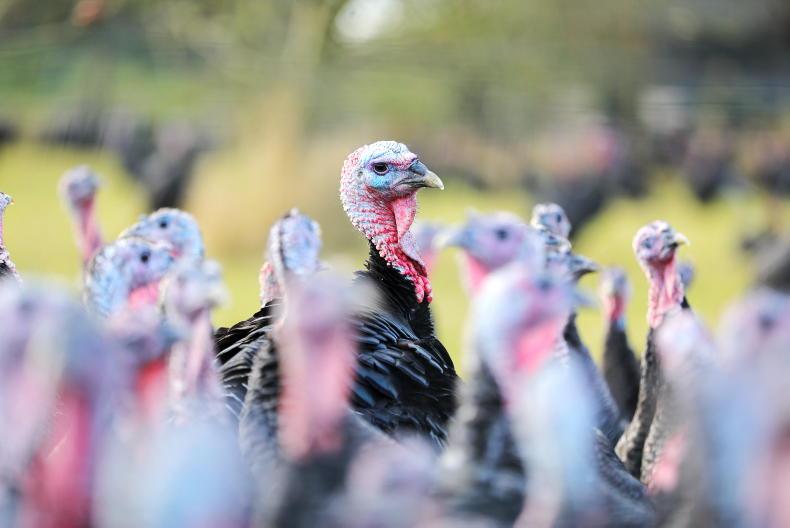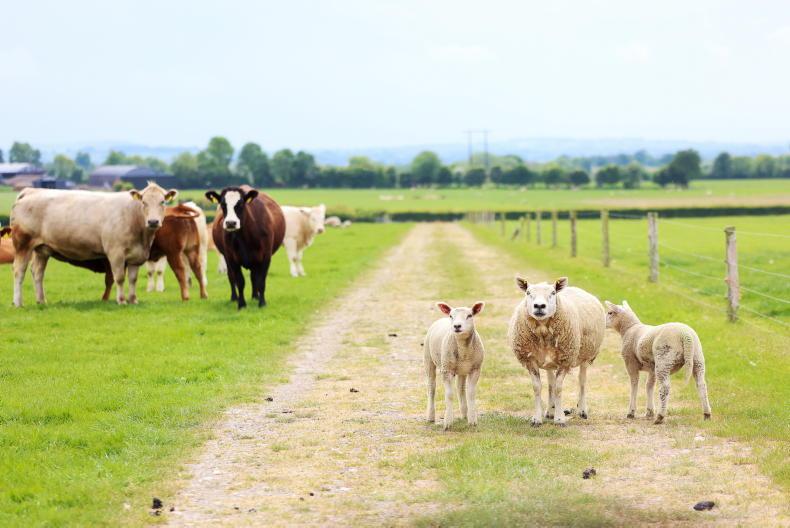Given how the Boris Johnson/Liz Truss-led Tory governments of recent years sold out UK farmers when throwing open the doors to Australia and New Zealand food imports, we have to take some comfort from the fact the Sunak-led administration has not yet done the same.
Following Brexit, the UK and Canada had agreed interim arrangements mirroring the trade agreement in place between the EU and Canada. In the meantime, talks were ongoing on a new UK-Canada deal. However, back in January 2024 it emerged those talks had been suspended.
Among the key issues is the refusal by the UK to accept hormone-treated beef from Canada, although there are also concerns around the use of chemicals to wash carcases in Canadian slaughterhouses to prevent E. coli.
With trade talks on hold, it means UK cheese imports to Canada now face punitive tariffs and from 1 April UK car manufacturers have had a 6.1% tariff imposed, adding an average of more than £3,000 to the price of imported cars. In 2023, UK manufacturers shipped over 9,000 cars to Canada, making it the eighth-largest export market for UK vehicles.
It was always a concern post-Brexit that the UK would give away access to its high-value food market in return for financial services and other big business. And when it comes to the car industry, it is a powerful lobby group that gets a lot of media attention and is often warmly embraced by politicians.
Dwarfed by food
But in terms of the value the car industry adds to the UK economy, it is dwarfed by counterparts in food. There seems to be a growing realisation of that at Westminster and perhaps the criticism that came from farmers in response to the Australia and NZ trade deal has changed some minds.
However, that criticism would be nothing compared to the backlash if government done a deal for cars in return for hormone treated beef – it would cross a red line for farmers.









SHARING OPTIONS